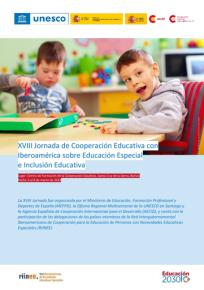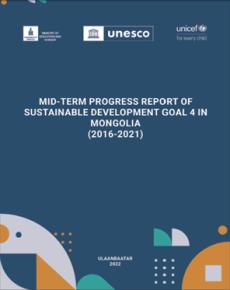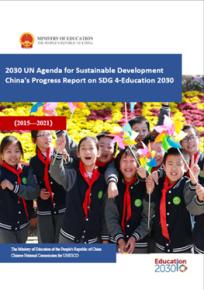
Open Access
An open door to UNESCO's knowledge
In order to help reduce the gap between industrialized countries and those in the emerging economy, UNESCO has decided to adopt an Open Access Policy for its publications by making use of a new dimension of knowledge sharing - Open Access.
Open Access means free access to scientific information and unrestricted use of electronic data for everyone. With Open Access, expensive prices and copyrights will no longer be obstacles to the dissemination of knowledge. Everyone is free to add information, modify contents, translate texts into other languages, and disseminate an entire electronic publication.
For UNESCO, adopting an Open Access Policy means to make thousands of its publications freely available to the public. Furthermore, Open Access is also a way to provide the public with an insight into the work of the Organization so that everyone can discover and share what UNESCO is doing.
What is Open Access?
“By 'open access' to the literature, we mean its free availability on the public internet, permitting any users to read, download, copy, distribute, print, search, or link to the full texts of these articles, crawl them for indexing, pass them as data to software, or use them for any other lawful purpose, without financial, legal, or technical barriers other than those inseparable from gaining access to the internet itself."
The Berlin Declaration on Open Access to Knowledge in the Sciences and Humanities
Open access (OA) means free access to information and unrestricted use of electronic resources for everyone. Any kind of digital content can be OA, from texts and data to software, audio, video, and multi-media. While most of these are related to text only, a growing number are integrating text with images, data, and executable code. OA can also apply to non-scholarly content, like music, movies, and novels.
A publication is considered in Open access if:
- its content is universally and freely accessible, at no cost to the reader, via the Internet or otherwise;
- the author or copyright owner irrevocably grants to all users, for an unlimited period, the right to use, copy, or distribute the article, on condition that proper attribution is given;
- it is deposited, immediately, in full and in a suitable electronic form, in at least one widely and internationally recognized open access repository committed to open access.
For more information, see our Frequently Asked Questions or e-mail us at oapublications@unesco.org.
Unrestricted Access. Unlimited Use.
To further the development of knowledge, people need to have access to relevant literature. But without dissemination, knowledge remains invisible. In addition to contributing to improving scientific research, Open Access is a powerful tool of education by reinforcing people's information and helping their creativity.
Publishing in Open Access:
- avoids duplication of research effort, and the resulting financial and time waste
- enhances the transparency of scientific research funding and fosters wider understanding of outstanding scientific questions
- increases the accountability of public institutions
- facilitates the search of information through metadata
- helps people to better appreciate scientists and their work
- closes gaps in the access to knowledge
- enables the building of knowledge databases and re-using published results
The promotion of scientific knowledge and their wide dissemination has clear benefits not only for researchers but also for society as a whole. It serves the interests of many groups, such as:
- Authors: it gives them a worldwide audience and increases the visibility and impact of their work;
- Universities: it increases the visibility of their faculties and research, reduces their expenses for journals, and advances their mission to share knowledge;
- Teachers and students: it puts rich and poor on an equal footing by eliminating the need for payments or permissions to reproduce and distribute content;
- Libraries: with Open Access, librarians can help users find the information they need, regardless of the budget-enforced limits on the library's own collection;
- Citizens: it informs on decisions that are important to everyone. It gives them access to research documents, most of which is unavailable in public libraries and for which they have paid through their taxes;
- Readers: it gives them barrier-free access to the literature they need;
- Journals: it makes their articles more visible, discoverable, retrievable, and useful. This visibility enables to effectively attract submissions, subscriptions and advertising;
- Donors: it increases the return on their investment in research, making the results more widely available. It also provides a fundamental fairness to taxpayers or public access to the results of publicly-funded research;
- Governments: it also promotes democracy by sharing non-classified government information as widely as possible.
See also: Open Access to Scientific Information.





